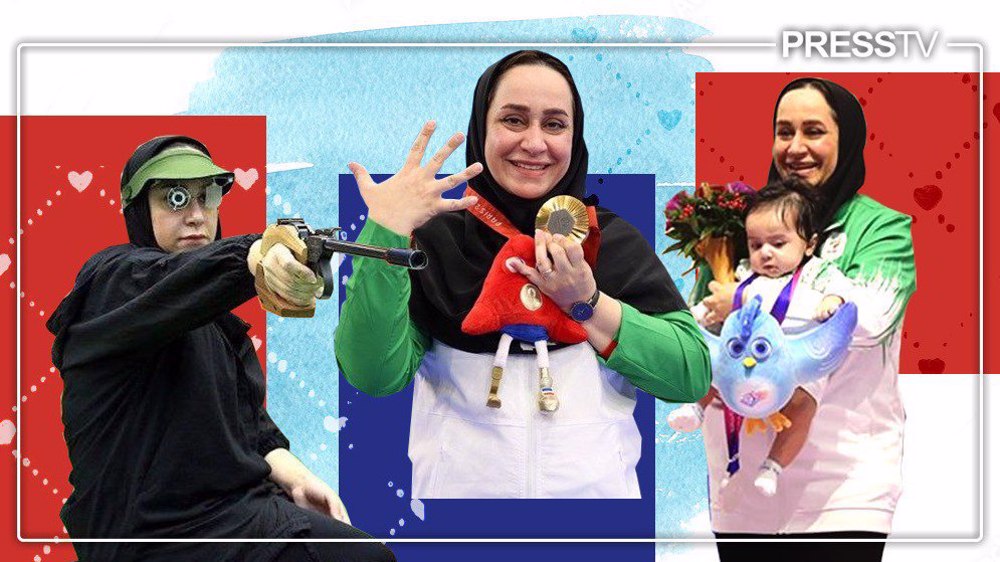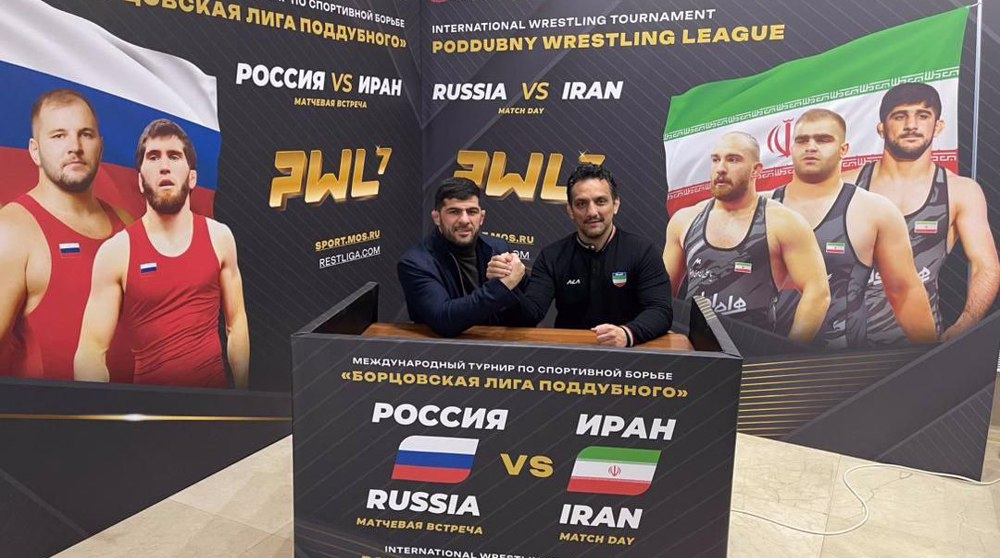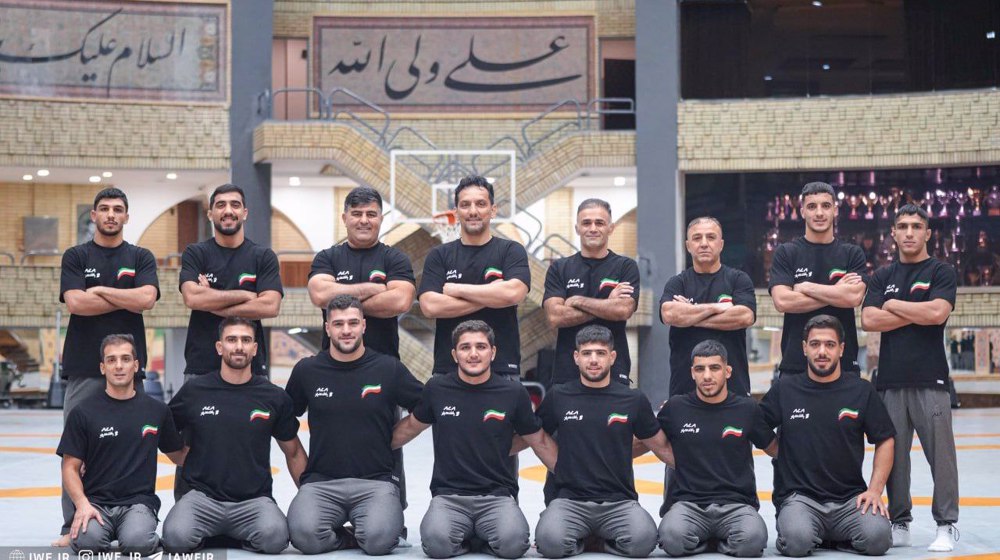Djokovic back at Melbourne Park for practice session, visa still in doubt
Novak Djokovic on Wednesday continued his preparations for his bid to win a record 21st Grand Slam title at next week's Australian Open, hitting practice shots at Melbourne Park, but he still faces the threat of deportation.
Djokovic said "human error" was behind a mistake made on his Australian entry documents that breached the country's strict laws on reporting recent travel, as the government weighed whether to deport the player.
Djokovic was held in immigration detention in Melbourne for several days after his visa was canceled by border force officials, who questioned his medical exemption for a requirement to be vaccinated for COVID-19.
He was released on Monday when a judge quashed that decision, saying the cancelation of the visa was "unreasonable" because the player was not been given time to consult with lawyers and tennis officials when he arrived in the country.
On Wednesday, Djokovic said his travel declaration was filled in by his support team, who made an "administrative mistake" when they ticked the "no" box in response to whether he had traveled elsewhere in the 14 days before arriving in Australia.
The statement came as Australia's Immigration Minister Alex Hawke considered whether to cancel the world number one tennis player's visa ahead of the Australian Open, which starts on Jan. 17.
Giving false or misleading information in the form is an offence, carrying a maximum penalty of 12 months in prison, and a fine of up to A$6,600 ($4,730) and can lead to cancellation of the offender's visa.
Djokovic, who is seeking to win a record 21st tennis major at the Open, said his lawyers had provided additional information to the Australian government on Wednesday.
A spokesman for Hawke, who has the discretionary power to again cancel Djokovic's visa, said the consideration process would be extended to assess the new information.
Djokovic's case sparked global interest, provoking a row between Canberra and Belgrade and fueled heated debate over mandatory COVID-19 vaccination policies.
Australia has a policy barring non-citizens or non-residents from entry unless they are fully vaccinated against COVID-19 but offers a medical exemption. Djokovic's visa was canceled on the grounds he has not been vaccinated and his medical exemption was not satisfactory.
Monday's court ruling did not address whether that exemption - based on Djokovic contracting COVID-19 last month - was valid.
Questions arose about Djokovic's movements before coming to Australia when social media posts appeared to show him in Belgrade less than two weeks before he headed to Spain and then on to Australia.
Accounts from two eyewitnesses and another individual, obtained by Reuters corroborated those social media posts.
Djokovic did not detail his travel in his statement on Wednesday acknowledging the mistake.
The government said the information helps determine any necessary quarantine arrangements and allows health officials to contact people if a fellow traveler tests positive.
The player also apologized in his statement for attending a L'Equipe interview and photoshoot on Dec. 18, the day after he said he learned he had tested positive for COVID-19 - for the second time.
"While I went home after the interview to isolate for the required period, on reflection, this was an error of judgement and I accept that I should have rescheduled this commitment," he said.
Djokovic denied media reports he also knew he had contracted the virus when he attended a tennis event in Belgrade to present awards to children a day earlier.
"I was asymptomatic and felt good, and I had not received the notification of a positive PCR result until after that event," he said, adding that a rapid antigen test taken before the event came back negative.
Social media posts showed Djokovic posing with the children, without wearing a mask.
While supporters of the Serbian star allege he is being made a scapegoat by the Australian authorities, Djokovic is expected to face a tough crowd at the Open.
Public opinion in Australia, which is battling an Omicron wave of infections and where more than 90% of the adult population is double vaccinated, has been largely against the player.
On Tuesday, former world number one Andy Murray said it was good news that Djokovic was no longer in detention but he still had questions to answer.
(Source: Reuters)
'Next to impossible' to rescue patients from Gaza's Kamal Adwan Hospital: Director
VIDEO | Vietnam current prosperity
Report blames gasoil exports for shortage at Iranian power plants
VIDEO | Hind Rajab Foundation names Israeli war criminals vacationing after Gaza genocide
VIDEO | Australians rally for Gaza ahead of Christmas festivities
VIDEO | Attacks on Sana'a
Iran reports further drop in annual inflation rate in December
Israel indicts two settlers over suspected spying for Hezbollah









 This makes it easy to access the Press TV website
This makes it easy to access the Press TV website